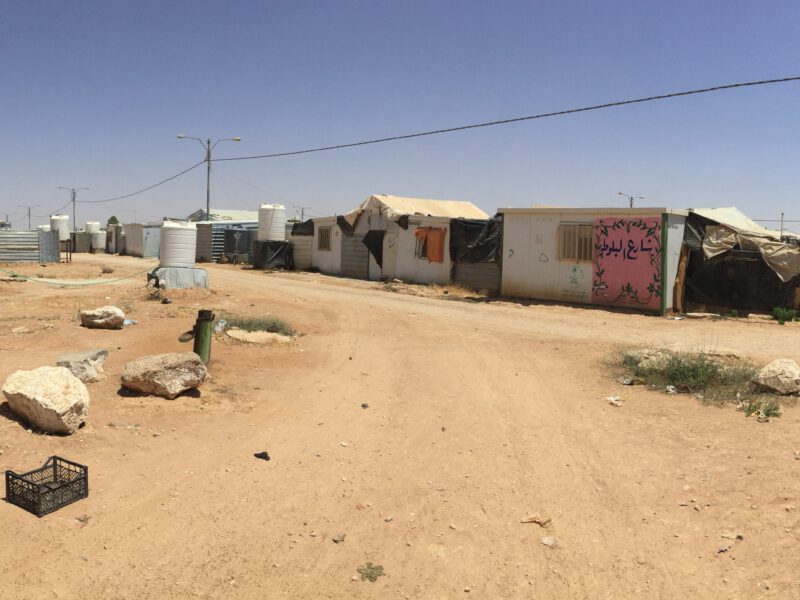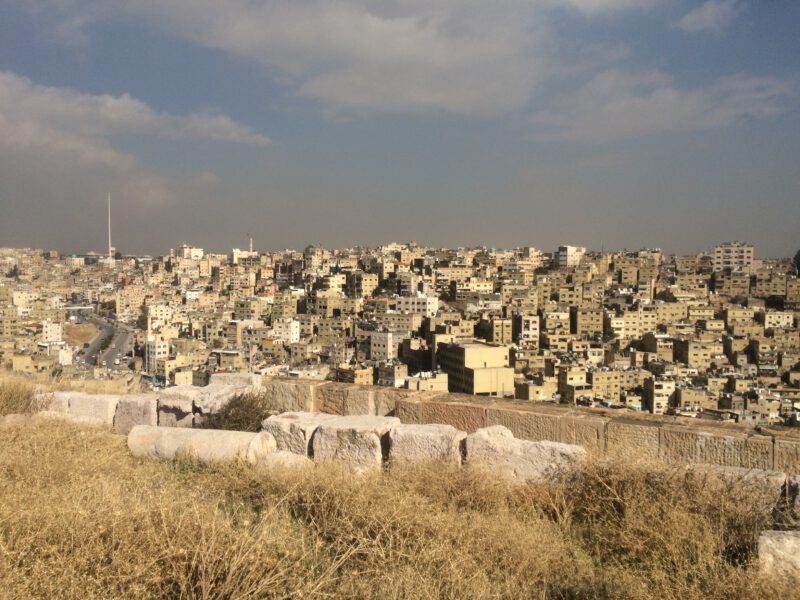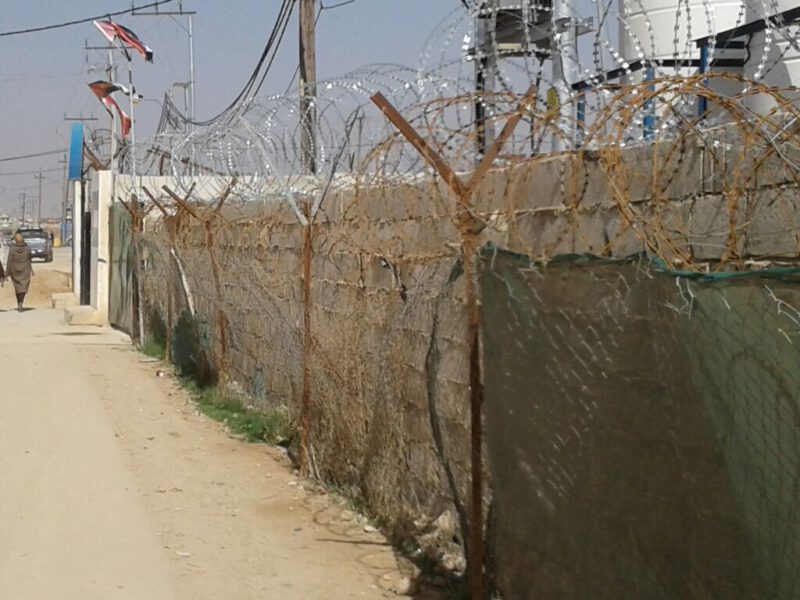 This September I will speak at a seminar in Copenhagen on the topic of value for money for public real estate. My audience will be fellow managers of public buildings, from state, regional and municipal organizations. The discussion will focus on the presumption that free markets are better at managing real estate projects than governments and therefor getting more value for their money.
This September I will speak at a seminar in Copenhagen on the topic of value for money for public real estate. My audience will be fellow managers of public buildings, from state, regional and municipal organizations. The discussion will focus on the presumption that free markets are better at managing real estate projects than governments and therefor getting more value for their money.
The question asked is not inappropriate because there has been a lot of discussion concerning large projects going over budget and running out of time. In Amsterdam, where I live, we have several such examples, the ?North South Line? subway and ?Het Stedelijk Museum? spring to mind.
In this post I will not discuss whether markets are more efficient than governments. That will be discussed later and, hopefully, with some fine examples. Today, I just want to try and understand the meaning of ?value for money?, which I think is a bit of a buzzword. Here are my thoughts.
My first thought
The statement has two words with a relation: Value and Money: the relation of a required quality to a price. In the case of a car, the buyer of a new Mercedes S-Class has a different quality in mind than the buyer of a Volkswagen Golf occasion. It is clear that prices will differ, but buyers can get equal value for their money.
My second thought
For me, value is not only expressed in money. Value can also be an experience. The buyer of the Mercedes is probably very rich and the car is hardly a drain on his financial resources. He might just as well buy three of them and get a discount. The buyer of the Volkswagen, on the other hand, could, after a long time of savings be able to buy this car. It is conceivable that the second buyer therefore could feel more emotional value when purchasing his second hand car. Is the second buyer getting more value for his money?
My third thought
In many cases, value not only has relation to costs, but also to revenues. If the buyer of a car is a company, they will estimate the profit that to be gained by exploiting it. We call this an investment and the value of the car will then depend on its merits or on its payback time. The same applies to business premises.
The fourth thought.
Governments build public real estate. Take, for example, a school. The value of the building in relation to the costs can, for instance, be determined by the cost per square meter. By benchmarking different buildings, the relation between quality and money can be determined. Is the school more expensive than average or is it cheaper? But it doesn?t say all about value for money. Maybe a school is needed in a location where it is more complex to build, making it more expensive than the average while the quality of the building, for the rest, is the same. The value for money of the more expensive school could well be the same as the cheaper one.
My fifth thought
In the case of schools and other public buildings we can?t determine the desired value for money in relation to revenues. That is because public real estate is mostly not constructed to gain profit. A school is therefore not the same as an oil refinery or business premises mend in my third thought if it comes to value for money.
The sixth thought
The value of a school, other than the monetary price-quality ratio of the building, is mostly a contribution to society. Our children go to school to enjoy teaching, to learn, to grow up. In school they learn a job, learn about our world and our society with the purpose to take over society over from us or to build their own in the future. It is therefore not possible to determine the value for money generated in case of the school purely from a monetary point of view. Anyway, not in the way we look at economics and economics of real estate.
This is where a problem lies. If governments think and act like markets, like companies, then a school has to be profitable. But it is not. Should we then stop building schools? A public school is never profitable, and the question is whether the value for money thought is applicable to this kind of public real estate. The social value of the school is understandably much greater than the monetary value expressed by value for money.
Maybe we don?t want to express everything into their monetary value. Maybe we should be thinking about certain, more nebulous values as well. Because in the midst of this economic crisis it may be worthwhile to stop focusing on the monetary value of goods and services alone, and turn towards certain other aspects and values for society and people.
The sole pursuit of financial gains and value for property has led to the real estate bubble we are in. By focusing only on money the price of real estate has unnecessarily inflated, with the today?s economic crisis as a result.
Don?t misunderstand me. The discussion concerning the relationship between value and money is valuable for public real estate, because we need to be sure if we pay the right price. However, the discussion and practices should not lean to pure monetary thinking alone because the primary purpose of public real estate is not profit or gains but a contribution to society. Next to “Value for Money” we must, I suggest, also take “Value for Society” into account while establishing public property.
Readings:
Robert Skidelsky & Edward Skidelsky.?How much is enough? The Love of Money, and the Case for the Goog Life. 2012 Allen Lane, Pinguin Books.
Ayn Rand.?The fountainhead. Pinguin Books.
Michael Sandel.?What Money Can?t Buy. The moral limits of markets Allen Lane. 2012



